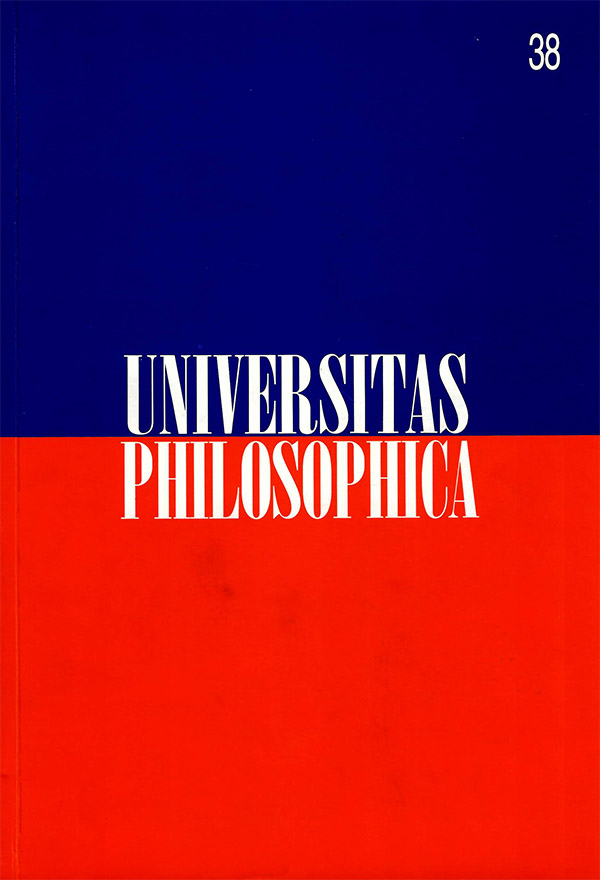Abstract
This text deals with the subject of philosophical error in David Hume's case. The author defends the thesis according to which it is not possible to teach a philosophy like the one of David Hume if the history of its philosophical ideas is not assumed critically. Such a critical approach must also give an account of the possible mistakes committed by Hume in the solution to some of the problems he created himself. This history includes the years between the Treatise on human nature and the Investigation concerning human understanding, since Hume presented two versions of his consideration of the subject of causality. For it, the author shows how a consideration on the origins of the philosophical error like the one proposed by Reichenbach would allow a historical understanding or a philosophy of knowledge as the one developed by Hume.
This journal is registered under a Creative Commons Attribution 4.0 International Public License. Thus, this work may be reproduced, distributed, and publicly shared in digital format, as long as the names of the authors and Pontificia Universidad Javeriana are acknowledged. Others are allowed to quote, adapt, transform, auto-archive, republish, and create based on this material, for any purpose (even commercial ones), provided the authorship is duly acknowledged, a link to the original work is provided, and it is specified if changes have been made. Pontificia Universidad Javeriana does not hold the rights of published works and the authors are solely responsible for the contents of their works; they keep the moral, intellectual, privacy, and publicity rights.
Approving the intervention of the work (review, copy-editing, translation, layout) and the following outreach, are granted through an use license and not through an assignment of rights. This means the journal and Pontificia Universidad Javeriana cannot be held responsible for any ethical malpractice by the authors. As a consequence of the protection granted by the use license, the journal is not required to publish recantations or modify information already published, unless the errata stems from the editorial management process. Publishing contents in this journal does not generate royalties for contributors.


